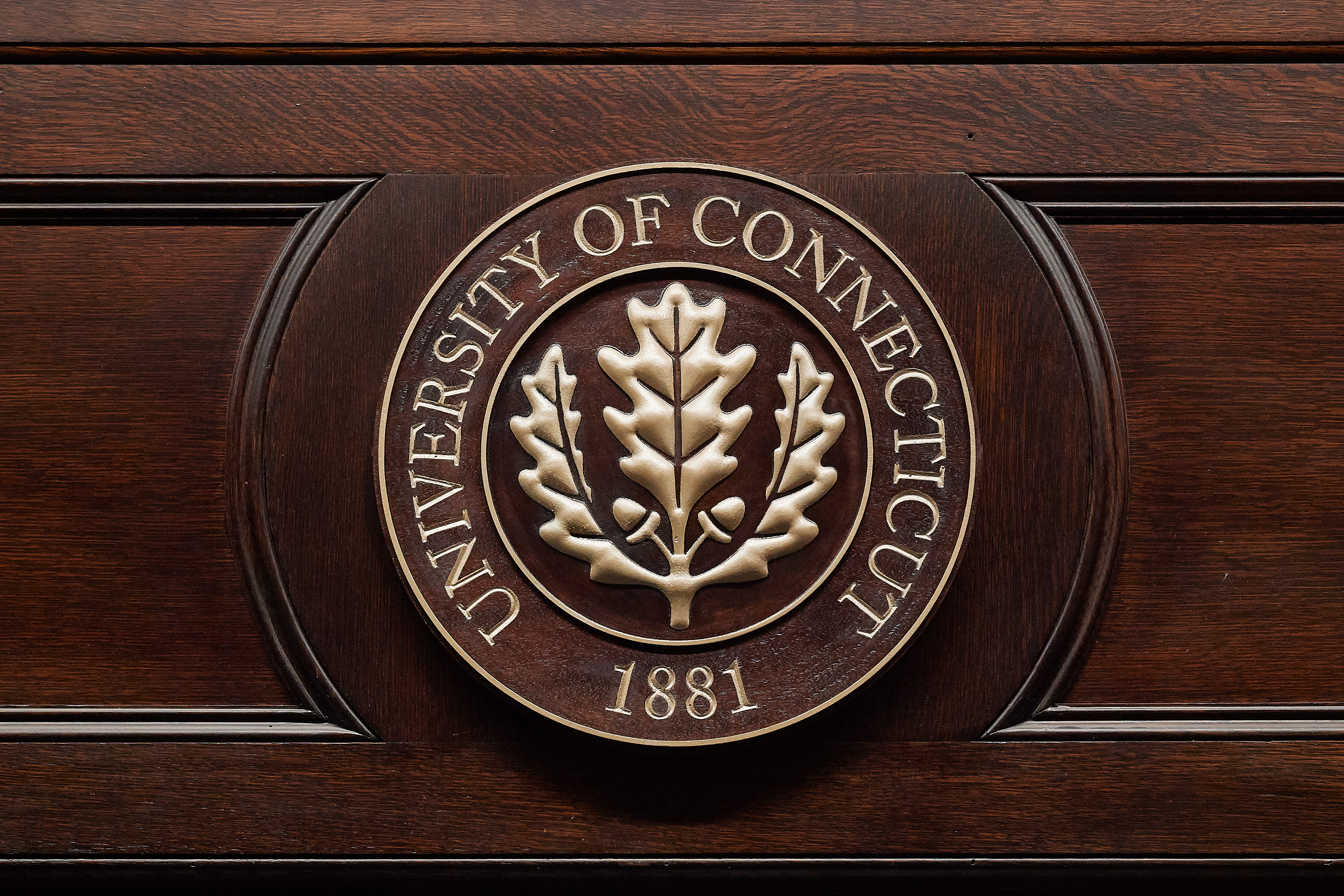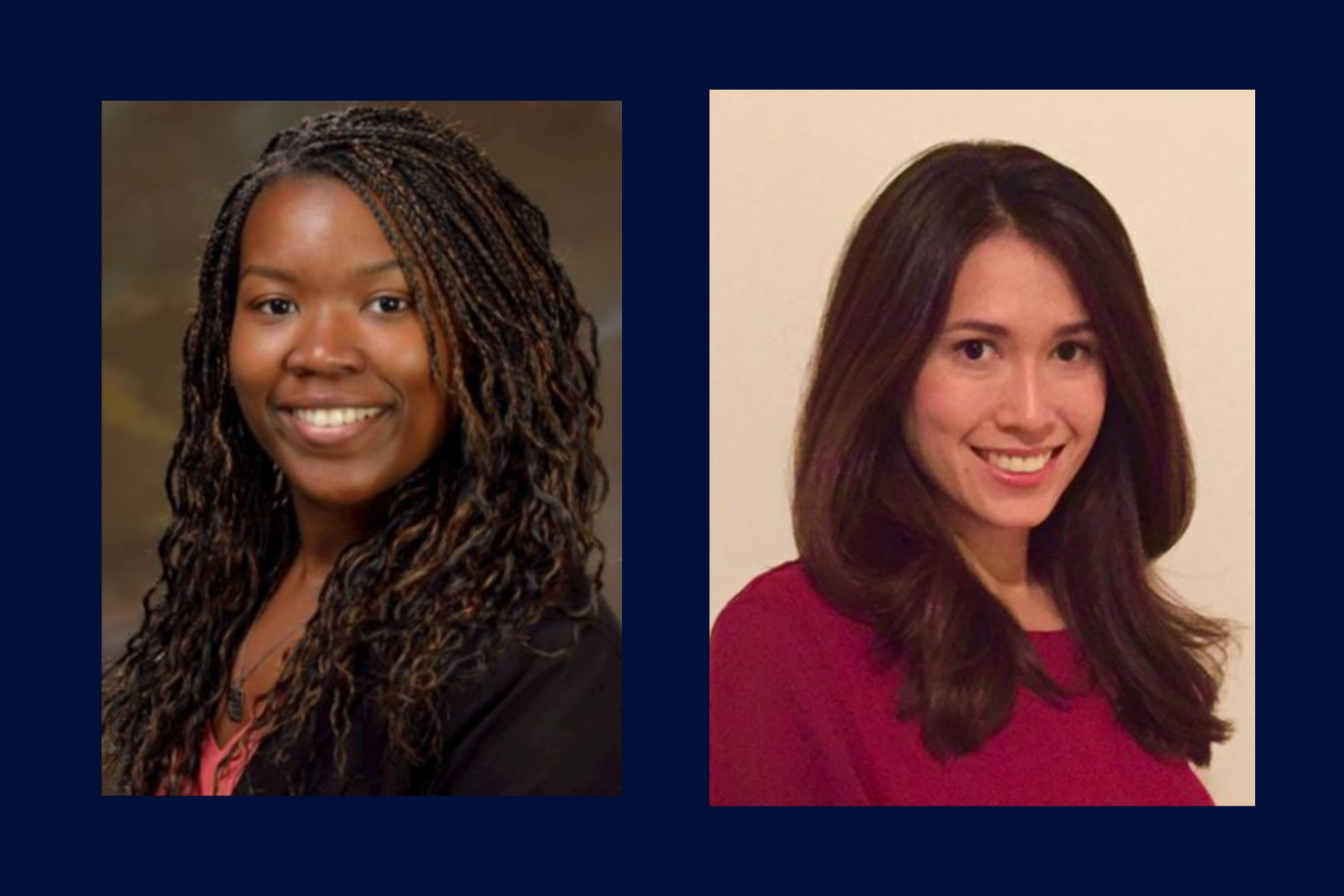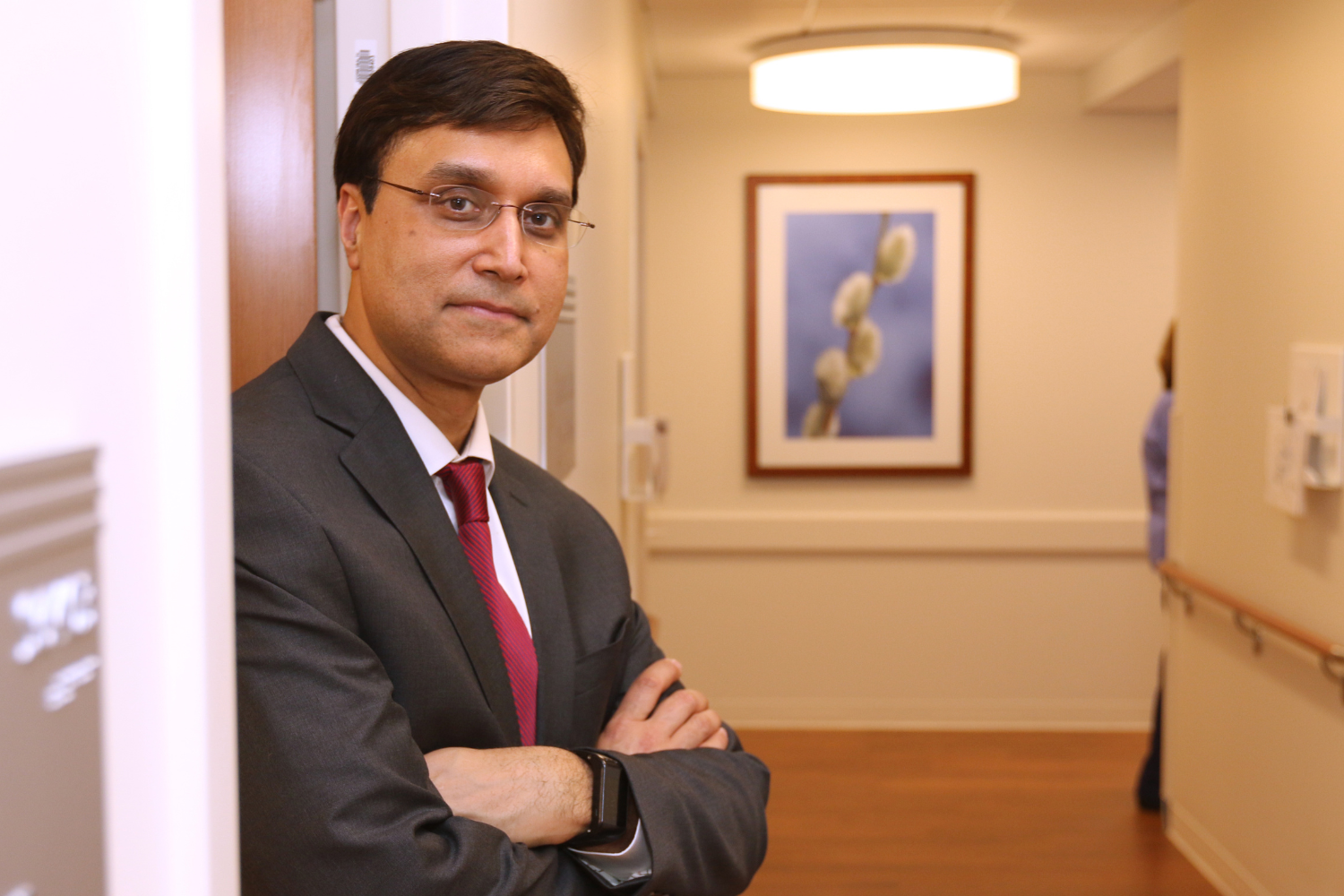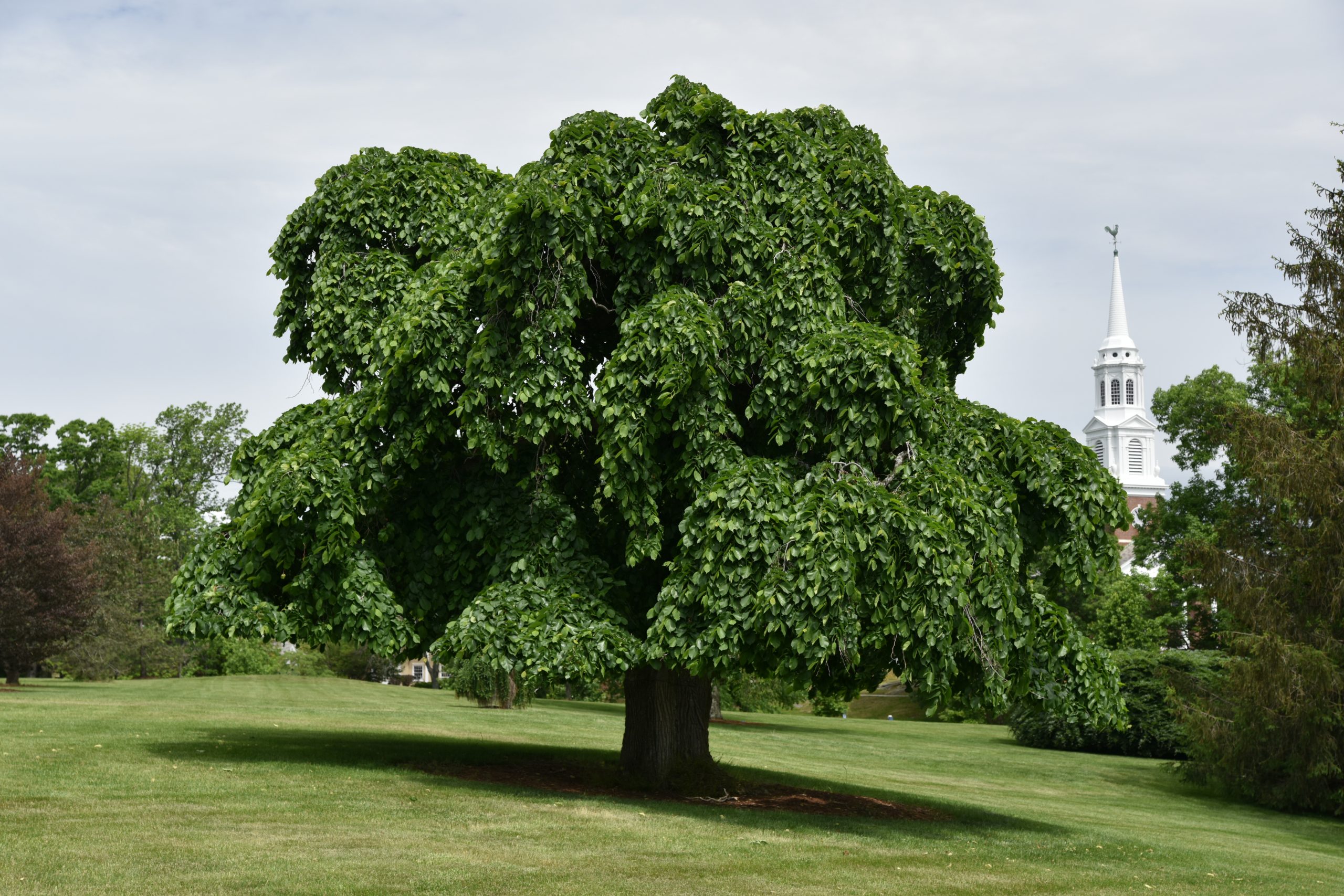Six researchers from the University of Connecticut and UConn Health have been named a Fellow of the American Association for the Advancement of Science (AAAS) this year. Election as an AAAS Fellow is an honor bestowed upon AAAS members by their peers.
This year 489 members have been awarded this honor by AAAS because of their scientifically or socially distinguished efforts to advance science or its applications.
This year’s AAAS Fellows will be formally announced in the AAAS News & Notes section of the journal Science on Saturday, Nov. 27. A virtual Fellows Forum – an induction ceremony for the new Fellows – will be held on Saturday, Feb. 13, 2021.
UConn Health periodontist Frank Nichols was elected for distinguished contributions to the field of periodontology, particularly his seminal work in determining the role of bacterial lipids in the pathogenesis of periodontal disease.
UConn School of Medicine Dean Dr. Bruce T. Liang was recognized for his basic science work studying the physiology and pharmacology of receptor and ion channel signaling. He looks forward both to continuing to advocate for science and its importance to human health, as well as motivating the next generation of scientists and innovators with “the thrill of research as an end itself.”
Peter Setlow, a microbiologist at UConn’s medical school , has spent his career uncovering the secrets of bacterial spores, which can live for centuries and sometime millennia, just waiting for the chance to reanimate and grow. Spores are the vectors of many feared human diseases, including botulism, tetanus, and anthrax.
Setlow is a second-generation AAAS Fellow; his father, a biophysicist and molecular biologist, was one before him. Setlow looks forward to continuing his research into how spores persist, and to seeing the next generation of scientists carry on the work into the future.
UConn Institute for Materials Science Director Steve Suib was elected for his contributions to ceramics, catalysts, surfaces and other materials of industrial significance. He says he is proud “to be recognized for fundamental work that is recognized as having practical significance.”
Senjie Lin, a marine biologist in the College of Liberal Arts and Sciences, was elected to the society for his work with dinoflagellates, tiny, beautiful marine organisms who often have symbiotic relationships with corals. He is “honored and humbled” to be a AAAS Fellow and looks forward to continuing to train young scientists to tackle marine ecology problems.
UConn psychologist Blair T. Johnson was recognized both for his work on methodology as well as substantive research. Much of his career has applied meta-analyses to broad swaths of research to synthesize and find trends in the data in many different fields.
“I like the prospect of continuing to think about science broadly: Reality bears no disciplinary lines. We should be scientists first, and disciplinarians second, if at all,” Johnson says.
The tradition of AAAS Fellows began in 1874. Currently, members can be considered for the rank of Fellow if nominated by the steering groups of the association’s 24 sections, or by any three Fellows who are current AAAS members (so long as two of the three sponsors are not affiliated with the nominee’s institution), or by the AAAS chief executive officer. Fellows must have been continuous members of AAAS for four years by the end of the calendar year in which they are elected. The AAAS Fellow honor comes with an expectation that recipients maintain the highest standards of professional ethics and scientific integrity.
Each steering group reviews the nominations of individuals within its respective section and a final list is forwarded to the AAAS Council, which votes on the aggregate list.
The Council is the policymaking body of the Association, chaired by the AAAS president, and consisting of the members of the board of directors, the retiring section chairs, delegates from each electorate and each regional division, and two delegates from the National Association of Academies of Science.



